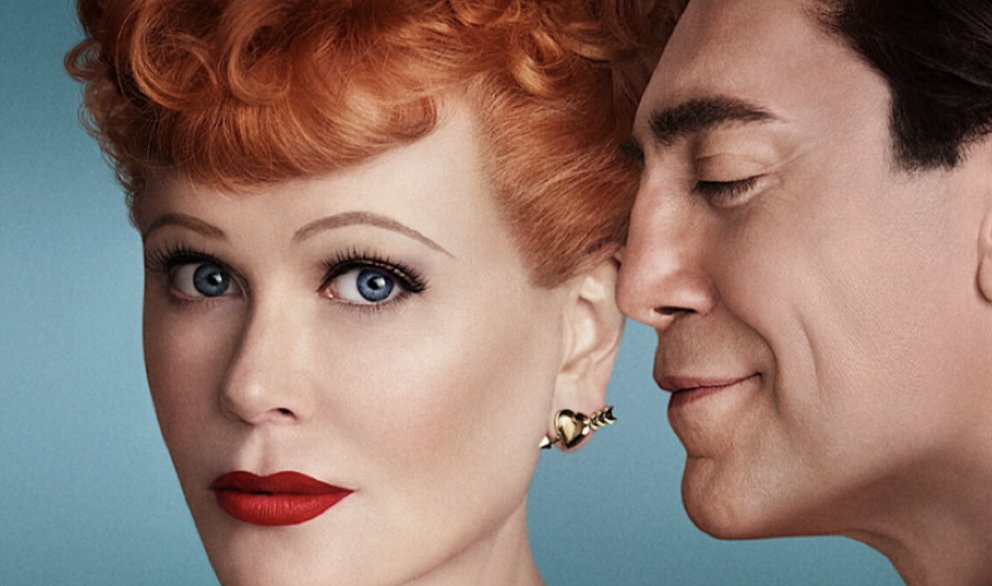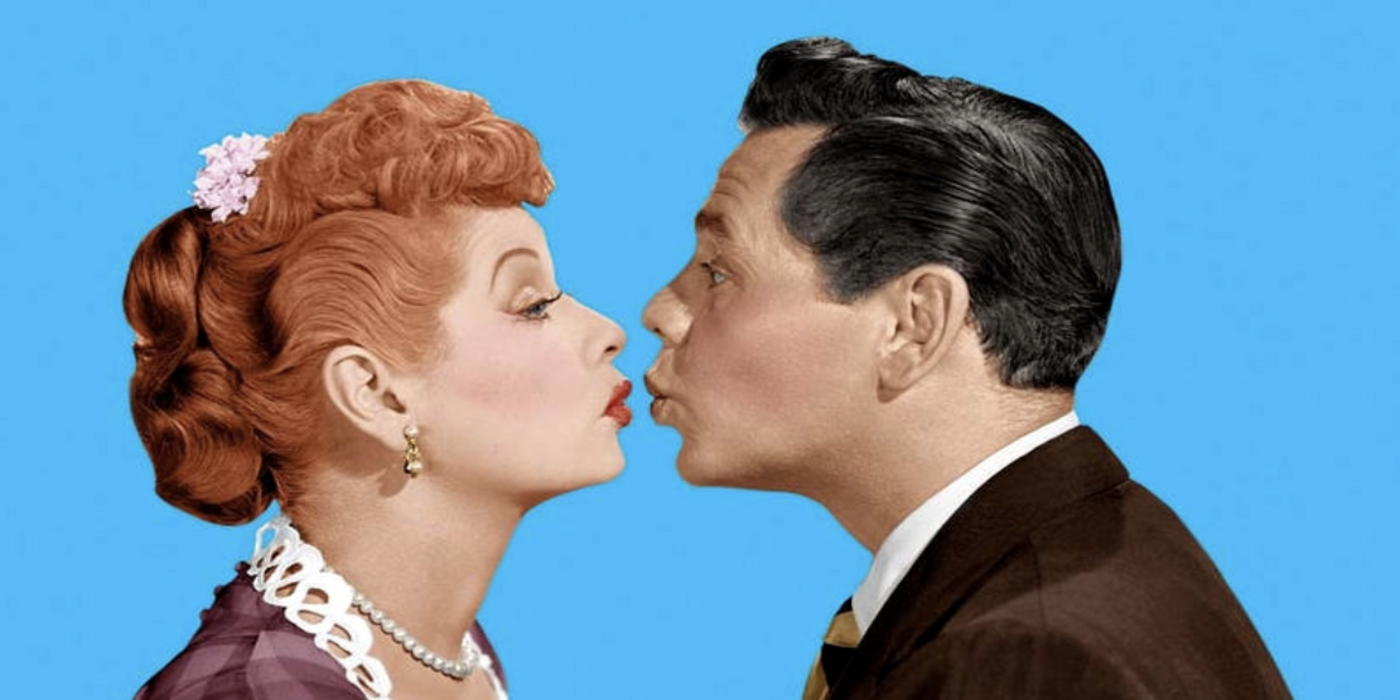
Nicole Kidman and Javier Bardem Illuminate the Complicated Legacy of Lucy and Desi in Aaron Sorkin’s “Being the Ricardos”
By [Your Name]
In Being the Ricardos, acclaimed screenwriter and director Aaron Sorkin invites audiences behind the curtain of one of television’s most legendary partnerships—Lucille Ball and Desi Arnaz. With powerhouse performances from Nicole Kidman and Javier Bardem, the film delivers an unflinching look at the personal and professional turbulence that threatened to derail I Love Lucy during a single, pressure-cooked week in 1952. What unfolds is a rich, deeply layered character study that reintroduces two of Hollywood’s most beloved icons not just as entertainers, but as real people navigating fame, scandal, love, and legacy.

Set at the height of I Love Lucy‘s success, the film dramatizes a week in which the power couple faced three major crises: rumors of Desi’s infidelity splashed across gossip columns, internal creative clashes that threatened the week’s episode, and the potentially career-ending revelation that Lucille Ball had once registered as a Communist—at the peak of McCarthyism’s grip on America.
Lucille Ball (Nicole Kidman), now a household name and the face of America’s most-watched TV show, finds her image—and everything she and Desi built—suddenly under siege. Sixty million Americans tune in to see her play a scatterbrained redhead, but off-screen, she is a shrewd, detail-oriented performer and producer who fiercely guards her career and the show’s integrity. Her husband, Desi Arnaz (Javier Bardem), charismatic and commanding, not only stars alongside her but also runs Desilu Productions. Together, they are a revolutionary force in television—but also a couple quietly unraveling behind the scenes.
Sorkin’s signature fast-paced dialogue and sharp, cerebral writing elevate the film beyond a standard biopic. Told through a quasi-documentary framework—with older versions of the show’s writers and executives recalling events—the narrative moves fluidly between past and present. We see flashbacks to Lucy and Desi’s early romance, the creative genesis of I Love Lucy, and the growing fissures in their marriage. Through this structure, Sorkin captures the fragile balance of public persona and private struggle with gripping clarity.
Nicole Kidman disappears into the role of Lucille Ball, capturing not only her comedic brilliance but also her complexity, wit, and vulnerability. Kidman’s portrayal is less about mimicry and more about embodying Ball’s essence—the tension between wanting to be taken seriously as a creative force and being typecast as a clown. Her scenes show a woman wrestling with identity and control in an industry that often underestimated her.
Javier Bardem brings charm and gravitas to Desi Arnaz, portraying him not just as a charismatic performer, but as an underestimated visionary. He battles racism, cultural bias, and the burden of being the show’s unsung backbone. Bardem deftly balances Desi’s devotion to Lucy with the flaws that slowly eroded their relationship—his extramarital escapades, his ambition, and his growing frustration with being seen as secondary.
The supporting cast is equally compelling. J.K. Simmons steals scenes as William Frawley, who played Fred Mertz, bringing both gruff sarcasm and surprising emotional weight. Nina Arianda is a standout as Vivian Vance, adding nuance to the oft-overlooked role of Ethel Mertz. Alia Shawkat and Tony Hale round out the team behind the scenes, navigating the creative tensions of the writers’ room as Lucy fights for control over how her character is portrayed.
Beyond the personal drama, Being the Ricardos also pays homage to the groundbreaking nature of I Love Lucy. It reminds us how Lucille and Desi transformed television production—pioneering the three-camera setup and shooting in front of a live studio audience. It also explores the cultural challenges they faced, from battling industry sexism to navigating Cold War paranoia and anti-immigrant sentiment.
What makes Being the Ricardos truly shine is its ability to balance nostalgia with honesty. It doesn’t sanitize its subjects but instead allows their brilliance and flaws to coexist. The film is as much about power dynamics in Hollywood as it is about love, betrayal, and legacy. It’s both a tribute and an excavation.
Aaron Sorkin, known for The West Wing, The Social Network, and A Few Good Men, is in top form here. His direction is assured, and his screenplay crackles with intelligence and heart. The film’s production design faithfully recreates the world of 1950s television, while Daniel Pemberton’s score subtly underscores both tension and tenderness.
Being the Ricardos is more than a behind-the-scenes Hollywood tale. It’s a moving portrait of two trailblazers who changed television forever—while trying to hold their world together. It’s funny, intense, nostalgic, and thought-provoking all at once.
The film had a limited theatrical release on December 10 and is now streaming globally on Prime Video. For anyone who grew up loving Lucy—or anyone curious about the real stories behind the laughs—Being the Ricardos is an essential, unforgettable watch.
